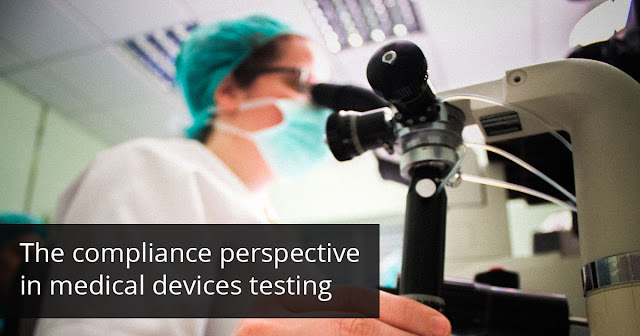The relentless journey of
digitalization has touched every sector of the economy, including healthcare.
If we look at healthcare as a microcosm then there has been a lot of progress
made in the past decades. The development of new medicines and diagnostic tools
has revolutionized the sector for the better. This has led to a significant
decline in the mortality and morbidity rates globally. Importantly, pestilences
like smallpox or plague have become a thing of the past. However, with
tremendous progress in various fields, new challenges too seem to have plagued
the sector. These include the germination of drug resistant microbes and the
gaining prominence of lifestyle diseases such as hypertension, diabetes,
obesity, and stress, among others. Further, cancer continues to wreak havoc
across demographics with a comprehensive cure remaining elusive.
The buzz around healthcare
transformation through digitalization has brought in a slew of benefits. This
includes managing the burgeoning healthcare sector with AI-enabled medical
devices, telemedicine, or blockchain-driven electronic health records.
Digitalization in hospitals and nursing homes has brought about a comprehensive
improvement in their delivery of services. For example, a computer-based system
creates electronic records of patients arriving at the hospital and then
manages them seamlessly, right from the admission stage to the eventual
discharge. Also, various types of apps tailor-made to monitor the health of
individuals have become commonplace.
Medical practitioners have become
dependent on the smooth functioning of medical devices to diagnose and treat
patients. With so much at stake, glitches in such devices or tools can play
havoc with the lives of patients. This is where healthcare app testing
should become an integral part of the software development pipeline. Let us
understand how healthcare transformation is going to evolve in the coming
years.
How digital
transformation in healthcare can benefit people
The technology and knowledge intensive
healthcare sector has seen end-users using apps to derive benefits like
connecting to a doctor, buying medicines, or doing diagnostics tests, among
others.
Connecting to the
doctor: This can often be a matter of life and
death as the right doctor can diagnose an ailment quickly and begin the
treatment process. However, customers often lack the wherewithal to evaluate
the parameters of a healthcare provider. But with healthcare app testing, patients can use a robust app to make
informed decisions about their health. Imagine making an appointment with your
doctor for a house call or clinic visit from your smartphone, the same way you
would book an Uber cab.
Leveraging big
data: Big data can analyze trends or
patterns from sets of data received through channels such as online
transactions, social media, and eCommerce. These can accrue a number of
benefits such as:
·
Low rate of
medication errors: After analyzing
the patients’ records, the software can identify incongruities in terms of
prescriptions and patients’ health. These can alert medical professionals to
take corrective measures and offer an effective treatment. The quality of such
software can be enhanced through healthcare software testing.
·
Preventive care: A large number of people flock to
various departments and add to the already existing pool of patients. Many a time,
these people do not require to be there in the first place. Big data analysis
can identify such people and prevent them from crowding the wrong department.
Thus, healthcare testing services
can ensure such software applications with interfaces to big data perform
accurately.
·
Accurate staffing:
Healthcare facilities can be
overwhelmed at times with a large influx of patients. By undertaking big data
analysis, healthcare service providers can predict such influx and optimize the
allocation of workforce. This way the waiting time for patients at various
departments can be reduced drastically.
·
Wearable medical
devices: Healthcare
application testing can preempt the
malfunctioning or inaccuracies of wearable devices, which collect
health-related data from patients. The wearable device market is likely to be
around $27 billion by 2024 (Source: marketwatch.com). The devices come in the
form of heart rate sensors, sweat meters, oximeters, and exercise trackers,
among others. These devices offer a personalized healthcare experience to the
patients and help insurance companies to rate a patient’s risk for illness.
Conclusion
The healthcare industry is undergoing
a tectonic shift in favor of technology. This will lead to better diagnosis and
treatment of ailments. Moreover, healthcare apps are helping patients to know
more about their diseases and the likely treatment protocols to be followed.
Patients draw a lot of information from various apps or websites, which were
earlier the exclusive preserve of the medical professionals. Healthcare application testing helps
in identifying glitches in the applications and ensure they deliver the right
outcomes.

